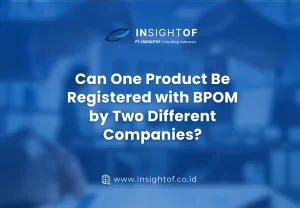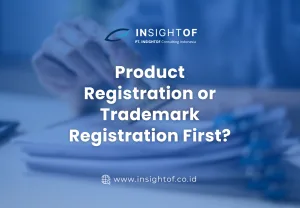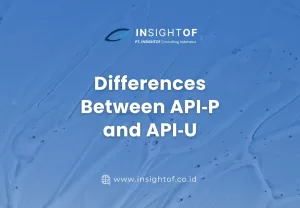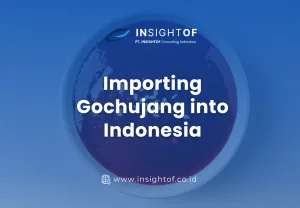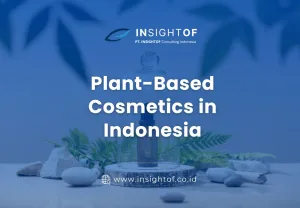According to Law Number 33 of 2014 on Halal Product Assurance (JPH), all products entering, circulating, and being sold in Indonesia must be halal certified. This requirement is outlined in Government Regulation Number 39 of 2021, which sets a phased implementation, with the first phase ending on October 17, 2024.
“Based on JPH regulations, three types of products must be halal-certified by the end of the first phase. These are: food and beverages; raw materials, food additives, and auxiliary materials for food and beverages; and slaughter products and slaughter services,” said Muhammad Aqil Irham, Head of BPJPH at the Ministry of Religious Affairs, in Jakarta on Thursday (1/2/2024).
“These products must be halal-certified by October 17, 2024. If they are not certified and are found in the market, there will be penalties. Therefore, we urge businesses to process their halal certification through BPJPH as soon as possible,” Aqil emphasized.
“There are no exceptions to these requirements. This includes all food products, whether produced by large companies, small businesses, or street vendors—they all need to be halal-certified,” he stressed.
Aqil further explained that penalties for non-compliance can include written warnings, administrative fines, and even the removal of products from the market. These sanctions will be enforced according to the regulations in Government Regulation Number 39 of 2021.
“Therefore, we strongly encourage all business operators, especially those dealing with the specified product categories, to immediately obtain their halal certification before the enforcement date,” Aqil reiterated.
Reference:
PP No.39 Tahun 2021
https://jdih.setkab.go.id/PUUdoc/176351/PP_Nomor_39_Tahun_2021.pdf


